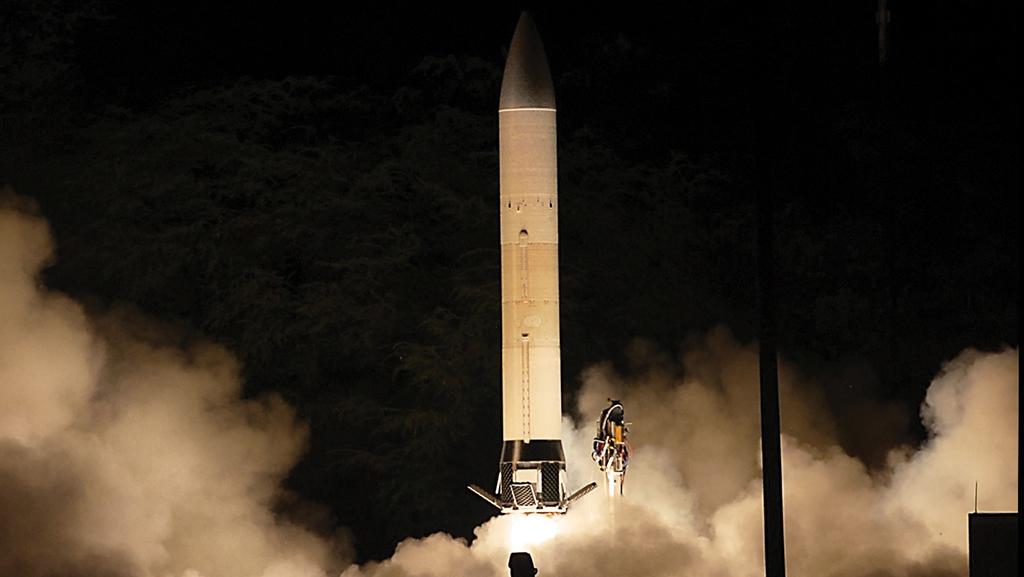Are Hypersonic Weapons Destabilizing?

Ask the Editors: The Aviation Week Network invites our readers to submit questions to our editors and analysts. We’ll answer them, and if we can’t we’ll reach out to our wide network of experts for advice.

Office of the Undersecretary of Defense, Research and Engineering
Do hypersonics invalidate and effectively defeat the mutually assured destruction (MAD) concept of the nuclear triad? It seems that the capability of a hair-trigger response with a hypersonic weapon is an incredibly destabilizing situation.
Aviation Week Defense Editor Steve Trimble posed that very question earlier this year to Mike White, the director for the hypersonics portfolio in the Pentagon’s research and engineering branch. White’s reponse:
I think that it’s more destabilizing if our adversaries have them and we don’t. So, in order for us to be able to remove that, we have to be able to counter with similar capabilities when the time comes.
And then there are a set of targets and missions that you really need these systems to be able to accomplish. And if you can’t accomplish those missions, then you lose the deterrence of our broader forces. . . . I believe that’s more destabilizing.
So, the first real objective is to make sure that we are holding adversary capabilities at risk while maintaining our military deterrence and our strategic deterrence with our warfighting capability.





Comments
The launch of 500 weapons would surely be picked up by US reconnaissance satellites. Even if the HGVs have a PK of 1.0 there would still be about 1000 nuclear warheads available on US nuclear submarines at sea. How many nations would be willing to risk having a thousand nuclear weapons detonate on their soil after an HGV attack on the US? The answer - none.
This is just a new way for the military-industrial complex to make large sums of money while producing a weapon of limited military utility. Just because another nation has something doesn't mean that the US needs it as well.